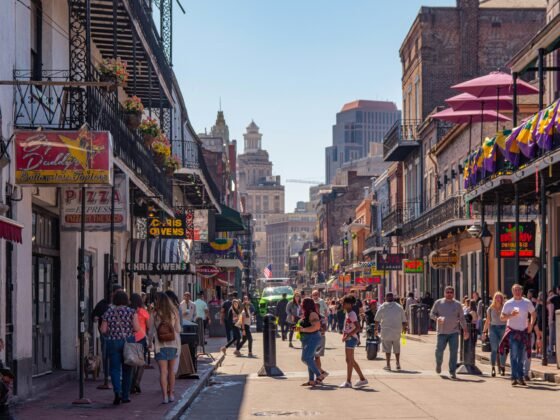
The world was upended by the COVID-19 pandemic, and it halted travel for both leisure and business.
Now, the world is slowly working toward recovery in many areas thanks to multipleavailable COVID-19 vaccines.
The travel industry is hoping to begin to bounce back this summer, although it may look a little different. For example, there will likely be more tech-driven social distancing features in place like hotel mobile-check-in and maybe fewer services available.
Even so, there is still that hope that leisure travel will increase, but what about business travel?
Some feel that it could take years, if ever, for business travel to come back. That may be true in some ways, but it could still return, just a bit different than before.
Domestic and Regional Travel
According to the Global Business Travel Association, which did a survey of member organizations, as of the summer of 2020, companies were twice as likely to have stopped international travel as they were domestic travel.
It’s possible that regional and domestic travel will experience faster recovery than international travel, and this can include trips that can be taken in personal or rental cars.
International travel is going to be trickier because there’s a myriad of government regulations and mandatory quarantines to deal with. Plus, these policies change rapidly.
Some governments, including in Singapore and Malaysia are looking at creating what they’re calling business-travel corridors to allow exceptions to quarantines.
Sales and Meetings May Return First
There are certain areas of business travel that maybe never stopped during the pandemic, like travel related to supply chains. However, among the type of business travel that did come to an end, some analysts expect trips related to client meetings and sales may resume first.
A lot of companies are already feeling economic pressure, and they don’t want to let themselves get behind their competitors who are returning to in-person sales meetings.
The last thing that is probably going to return is business travel for conferences and other events.
These events, like trade shows, are inherently high-risk from a COVID standpoint.
Even when events return, they may look different.
Sales conferences and trade shows could come first, but there will probably be hybrid or virtual models that are part of the return.
Venues will have to make changes allowing for distancing.
Is Business Travel Past Its Peak?
While certainly some business travel already has and will continue to return, a lot of people feel that it’s peaked, and we’ll never see it return to pre-pandemic levels.
There are multiple reasons for this.
First, because of the pandemic, people were forced to quickly shift to working from home.
Not everyone loves it, but for many people, it remains their top choice. Companies have also seen they can stay productive and reduce overhead costs if they stick with some level of remote work.
Because of the work-from-home transition, there’s been a big realization that virtual meetings and communication can work well as a replacement for face-to-face meetings.
Sustainability is also a top priority for governments, businesses, and individuals, and less business travel means lowering the environmental impact.
There are also financial benefits for companies who aren’t paying for business class flights and long hotel stays.
According to Bill Gates, an estimated 50% of business travel won’t come back. Other industry experts, like Delta CEO Ed Bastian, predict that a new normal for business travel might be 10% to 20% lower than it was pre-pandemic.
Trips May Be Higher-Value
While there may be fewer business trips and less overall business travel, what we could ultimately see come out of this is more high-value travel. That means the low-value trips may be taken away, but the important trips will go on, so that could also mean those trips might be expensive. There will be more of a focus on getting value from these trips rather than saving money.
There will probably be more of a focus on traveler outcomes too. It’s possible companies could start to put more concrete metrics in place that will allow them to gauge how successful or unsuccessful each bit of business travel is.
Finally, while traditional business travel might be experiencing an ongoing downturn, there are new trends cropping up in the travel industry. Working as a digital nomad is increasingly popular, and people are taking long-term trips to various destinations while continuing to work remotely, posing new opportunities for the travel industry as a whole.












